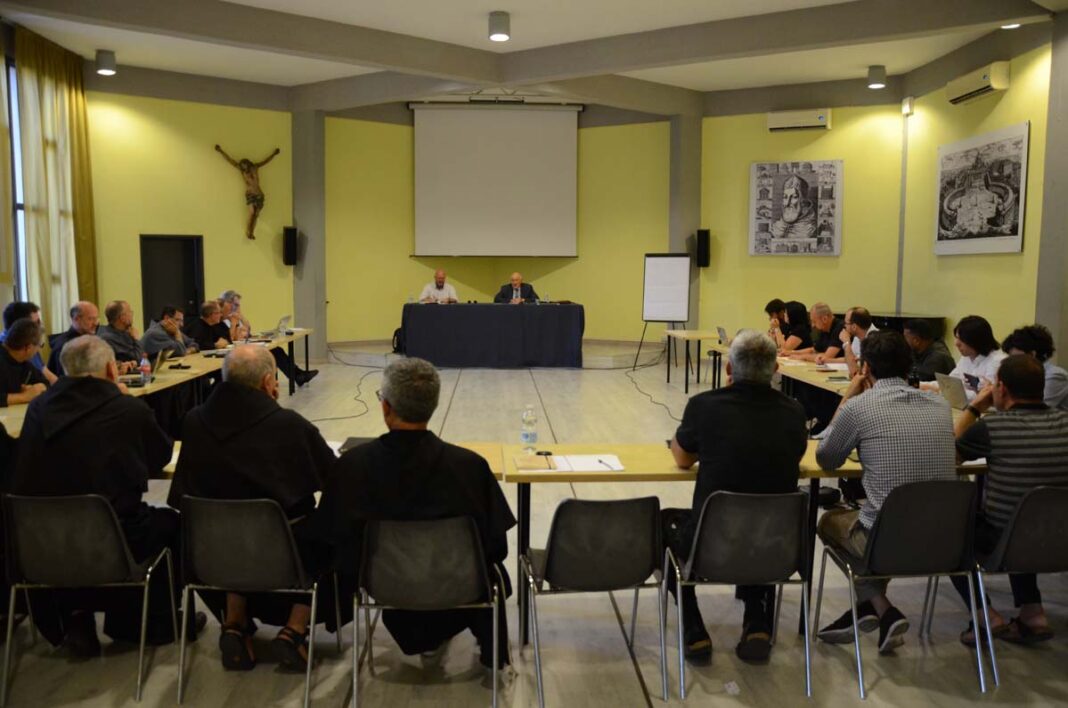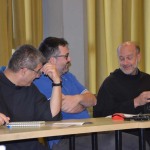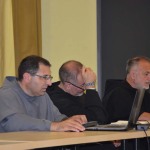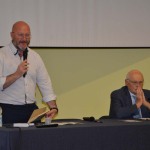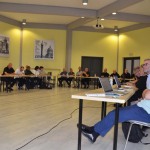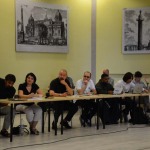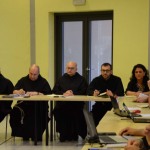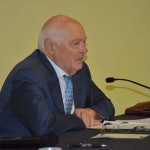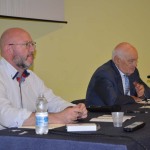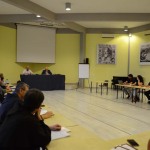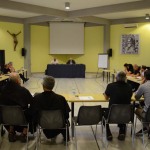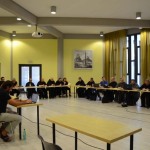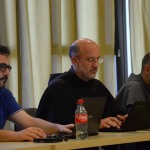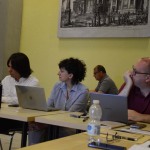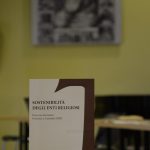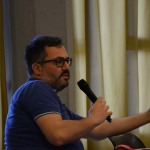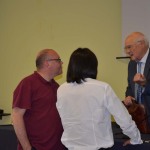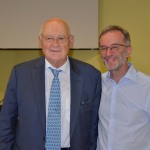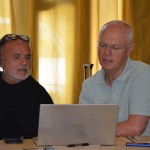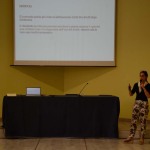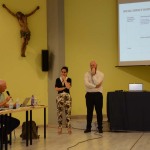In May of 2022 and 2023, the Federazione Intermediterranea Ministri Provinciali (FIMP), with help from the General Procurator’s Office, conducted some well-attended financial training courses for Ministers Provincial, Custodes and Provincial and Custodial Economs.
On June 26-29, 2023, the FIMP Federation conducted another challenging course, this time on: “The Sustainability of Religious Entities.” The course was taught at the Seraphicum College in Rome. It was created after a year of common discernment, prompted by some lay collaborators who work in our presences. It examined how we might support our lives and works despite decreasing income and growing problems in financial management. It considered the possibility of working together as a Federation and implementing fundraising projects that could help us grow as friars, support our works and create sustainability. Moreover, it asked how we should do that and where we should start.
This course on fundraising and financial sustainability was led by the very competent Andrea ROMBOLI and Marco GRANZIERO, both disciples of the great economist Stefano ZAMAGNI who has taught at several universities and served as the, President of the Pontifical Academy of Social Sciences. A group of thirty Provincial representatives attended the course, comprised of Ministers Provincial, Provincial Economs, and trusted lay financial advisors. The participants worked on developing a basic grammar, founded on our identity as Franciscans and our mission of evangelization and charity, relying on what is technically called “human, spiritual and relational capital.” New terms were explored, often in English, such as: gift-giving-gratuity; the centrality of authentic relationship and communication; resource management; budgeting; and social impact. Notable among the authoritative presentations by speakers and consultants was a compelling lectio magistralis by Professor Stefano ZAMAGNI and an interesting reflection on “spiritual capital” presented by Father Natale BRESCIANINI, a Camaldolese monk. As pointed out by Professor ZAMAGNI, the coursework dealt with certain themes that should resonate with us because topics such as solidarity and sustainable economy “originated with St. Francis of Assisi and with you Franciscans.”
The next stage of this journey (the course at the Seraphicum was only a first step) involves the creation of a small group of friars and laity that will work with lay leaders to provide a timely analysis of the status and needs of each FIMP Jurisdiction, with a view to a fundraising project. Meanwhile, an important first step has been taken, with the added benefit of bringing the FIMP Jurisdictions together, and collaborating with lay people who share our Franciscan values and competently participate in our apostolate
.
Friar Giovanni VOLTAN






